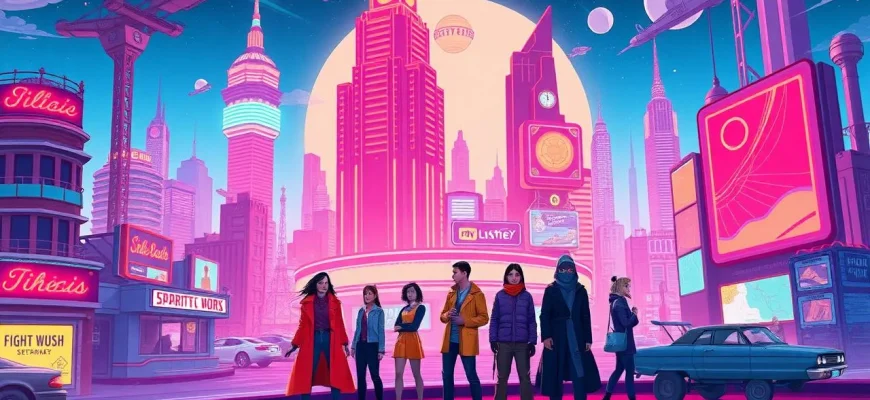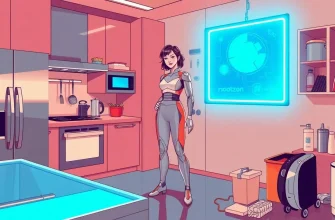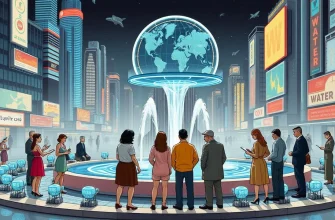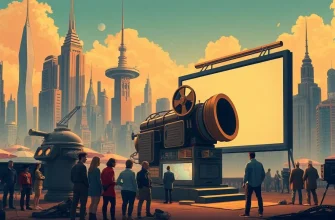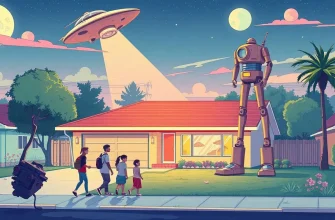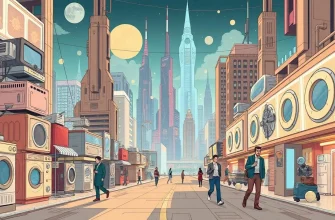If you're a fan of both science fiction and the art of design, this curated list of films is your ticket to a visual feast. These movies not only transport you to imaginative worlds but also showcase the importance of design in storytelling, from architecture to fashion, and even the design of entire societies. Each film in this collection has been selected for its unique approach to design, offering a blend of creativity, innovation, and sometimes, a glimpse into possible futures.
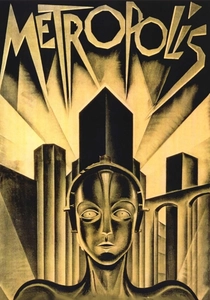
Metropolis (1927)
Description: Fritz Lang's silent masterpiece is a cornerstone of sci-fi cinema, featuring stunning art deco designs that have influenced countless films. The city of Metropolis itself is a character, with its towering skyscrapers and intricate machinery.
Fact: The film's sets were so elaborate that they were reused for other films, including Alfred Hitchcock's "Blackmail."
 Watch Now
Watch Now
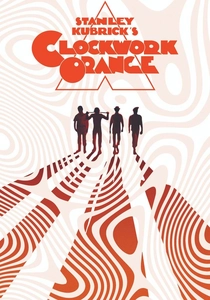
A Clockwork Orange (1971)
Description: Stanley Kubrick's adaptation of Anthony Burgess' novel is known for its bold, unsettling design. From the droogs' outfits to the ultra-violent, dystopian setting, the film's aesthetic is both iconic and disturbing.
Fact: The film's use of the Ludovico technique was inspired by real-life aversion therapy experiments.
 Watch Now
Watch Now
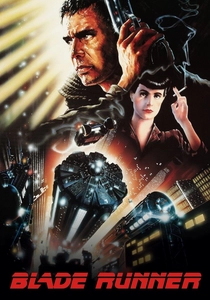
Blade Runner (1982)
Description: Ridley Scott's neo-noir classic is renowned for its dystopian vision of Los Angeles, where the line between human and machine blurs. The film's production design, with its neon-lit streets and retro-futuristic aesthetics, is a masterclass in world-building.
Fact: The film's iconic "spinner" flying cars were designed by Syd Mead, a legendary concept artist.
 Watch Now
Watch Now
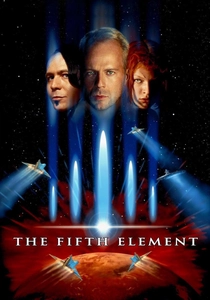
The Fifth Element (1997)
Description: Luc Besson's vibrant sci-fi adventure is a visual spectacle, with its futuristic fashion, architecture, and technology. The film's design captures a whimsical yet detailed vision of the future.
Fact: Jean-Paul Gaultier designed the costumes, including the iconic bandage dress worn by Milla Jovovich.
 Watch Now
Watch Now

Gattaca (1997)
Description: Andrew Niccol's film explores a future where genetic engineering determines one's place in society. The film's clean, minimalist design reflects the cold, calculated world of genetic determinism.
Fact: The film's title is derived from the letters representing the four nucleic acids of DNA.
 Watch Now
Watch Now

The Matrix (1999)
Description: The Wachowskis' groundbreaking film introduced audiences to a world where reality is a computer-generated dream. The film's design, from the green digital rain to the sleek, black leather outfits, has become iconic.
Fact: The film's "bullet time" effect was a revolutionary visual technique at the time.
 Watch Now
Watch Now
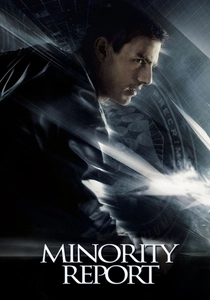
Minority Report (2002)
Description: Steven Spielberg's adaptation of Philip K. Dick's story features a sleek, minimalist future where technology is seamlessly integrated into daily life. The film's design showcases a world where privacy is almost non-existent.
Fact: The film's touchless interface technology inspired real-world tech like Microsoft's Surface.
 Watch Now
Watch Now

Inception (2010)
Description: Christopher Nolan's mind-bending thriller delves into the architecture of dreams. The film's design, particularly the dream worlds, showcases how design can manipulate perception and reality.
Fact: The film's dream city was inspired by the architecture of Paris, especially the city's Haussmannian buildings.
 Watch Now
Watch Now
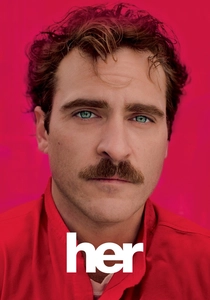
Her (2013)
Description: Spike Jonze's poignant tale of love in the digital age features a future where technology is both intimate and omnipresent. The film's design is subtle, focusing on the integration of technology into everyday life.
Fact: The film's operating system voice, Samantha, was voiced by Scarlett Johansson.
 Watch Now
Watch Now

Brazil (1985)
Description: Terry Gilliam's dark comedy is set in a retro-futuristic world where bureaucracy reigns supreme. The film's design is a chaotic blend of 1940s and 1980s styles, creating a surreal, oppressive atmosphere.
Fact: The film's sets were so detailed that they were often mistaken for real locations by passersby during filming.
 30 Days Free
30 Days Free

